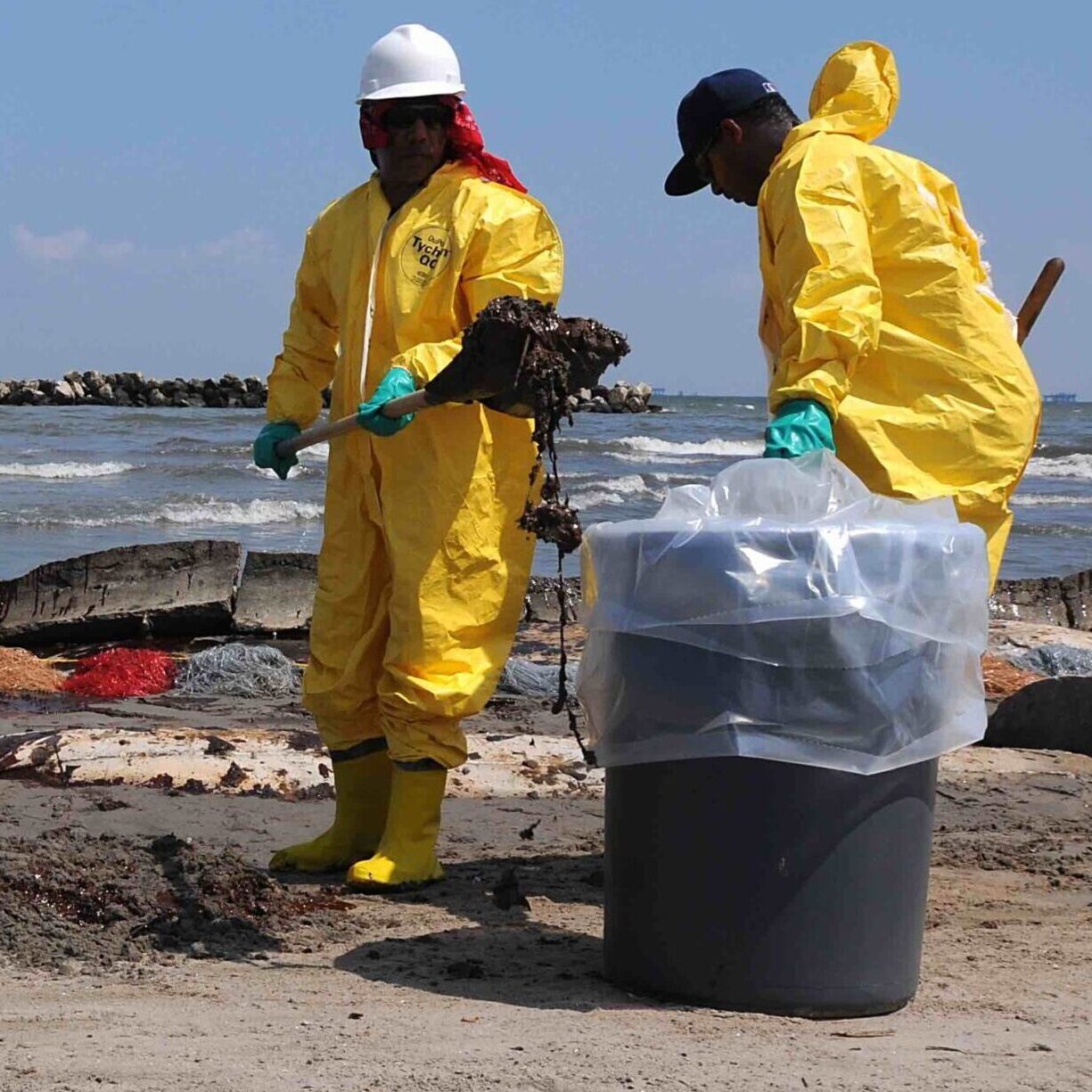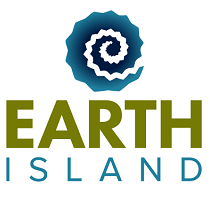
We focus on some of the most common pollutants in our society – oil and oil-based chemicals – and communities most at-risk from daily exposures or exposures from industrial releases or spills.
By aiming to prevent the debilitating chronic diseases that plague those most at risk, our work contributes to building public awareness and passing stronger laws to protect everyone, everywhere, from toxic oil-chemical exposures.
The ALERT Project is a project of Earth Island Institute, a nonprofit organization incorporated under the laws of California. Earth Island’s mission is to support environmental action projects and build the next generation of environmental leaders to achieve solutions to environmental crises threatening the survival of life on Earth.
Earth Island Institute acts as fiscal sponsor for the ALERT project.


Our Strategies
We respond to calls from Tribes and communities where people have been sickened by oil-chemical activities including spills or might become sickened by proposed oil-chemical activities.
